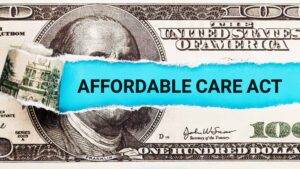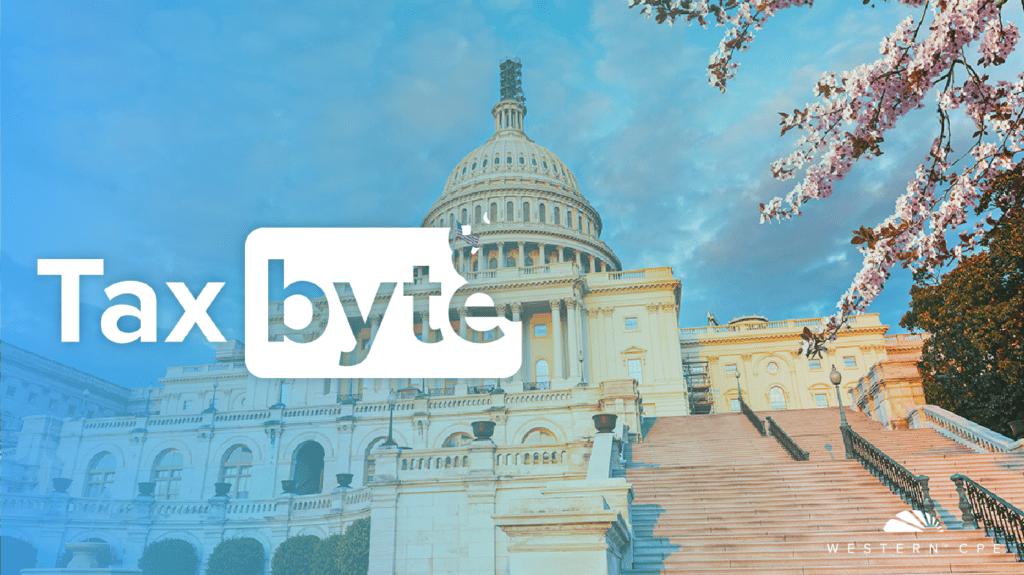

Happy Friday, tax pros. In case you thought you couldn’t possibly start your weekend without a Capitol Hill tax update from your friend in D.C. (you did not), I’ve got you covered.
Indeed, things got a little heated yesterday in 1100 Longworth as IRS Commissioner Danny Werfel got a good grillin’ from lawmakers while in the proverbial hot seat during a House Ways and Means Committee hearing. But because I haven’t yet figured out how to communicate by way of smoke signals, despite my brief phase with pyromania, all you get is this eTax Alert.
2024 Tax Filing Season
The 2024 tax filing season, which officially opened January 29, is off to a strong and smooth start, Werfel told lawmakers during Thursday’s hearing. Although I’m not a gambler, I’d be willing to bet that some of you vehemently disagree. So, don’t shoot the messenger.
As of February 2, the IRS had received more than 15.3 million individual income tax returns and issued more than 2.6 million refunds for approximately $3.65 billion. The IRS has prioritized making sure this filing season shows an increase in agency wins, Werfel noted, crediting the opportunity to increased funding under the Inflation Reduction Act (P.L. 117-169). Some of the transformative goals and accomplishments taxpayers can expect include:
- an average call wait-time of five minutes or less on the main taxpayer helpline;
- the ability to opt for a call back from the IRS;
- increased self-service support in areas such as the Where’s My Refund and Where’s My Amended Return tools, which will use conversational voice bot technology for the first time to help taxpayers get answers on the status of their refund or amended return more quickly;
- an increase of over 8,500 more open hours of in-person assistance at Taxpayer Assistance Centers than last filing season;
- expanded capabilities of the IRS Online Account and Tax Pro Account and launch of the Business Tax Account; and
- the ability to digitally submit all correspondence and responses to IRS notices.
1099-K Problems
As expected, Werfel faced tough questions and accusations as to the IRS’s alleged overreach in authority in delaying the Form 1099-K $600 reporting threshold enacted under the American Rescue Plan Act of 2021 (ARPA) (P.L. 117-2). The IRS announced last November in Notice 2023-74 that in adhering to calls from a variety of stakeholders in the tax industry, the agency would again delay the lowered threshold for third party settlement organizations for 2023. And to further mitigate risk, the IRS plans for a threshold of $5,000 in 2024 as part of a phased-in implementation of the $600 reporting requirement now scheduled to take effect in 2025.
Some lawmakers have called the move illegal. According to Werfel, however, while the IRS does have Form 1099-K problems, legality ain’t one. “I believe the IRS commissioner has the authority to implement laws in a manner that ensures taxpayer rights,” Werfel said. “It is not illegal to take a step to protect taxpayer rights,” he added.
Tax Bill Stalls in Senate
As for that tax bill on everyone’s mind, Werfel told lawmakers he felt confident the IRS could implement the tax law changes within six weeks of its enactment. Well, six to 12 weeks, to be exact, but who’s counting? Additionally, he assured tax writers that those claiming the Child Tax Credit would not have to file amended returns should the tax bill be enacted.
The House cleared the bipartisan Tax Relief for American Families and Workers Act of 2024 (HR 7024) by a 357-to-70 vote on January 31. The bill, spearheaded by Senate Finance Chair Ron Wyden, D-Ore., and House Ways and Means Chair Jason Smith, R-Mo., would retroactively enhance the child tax credit and extend certain favorable business provisions. Currently, the bill remains stalled in the Senate where Republicans are demanding a markup of the measure in committee, or at the very least an opportunity to add amendments should it reach the Senate floor.
Looking ahead, Congress will be in recess for President’s Day until the last week of February. So, realistically, we’re not getting any action until March. I’m still talking about the tax bill.
ERC Uncertainty
Speaking of the bill, HR 7024 would finance its CTC expansion and business tax breaks by fast-tracking an end to the controversial Employee Retention Credit (ERC). Although the IRS, which placed a moratorium on processing new ERC claims last September has said it’s riddled with fraud, several lawmakers expressed concern for their constituents who are afraid of losing the credit. The bill proposes a deadline of January 31, 2023. Absent any legislation, however, the IRS is reportedly looking to resume processing new ERC claims by April or May.
“The IRS has been flooded with ERC claims, and we are concerned that many of these claims are not being filed by businesses that qualify,” Werfel told lawmakers. “We appreciate the patience of businesses and tax professionals as we continue our effort to protect against fraud.”
Werfel told lawmakers that the IRS supports HR 7024’s early end to the ERC, stating that it would help the agency’s tax administration work. But what about all those claims filed after January 31? Under the bill as currently drafted, they would be ineligible, according to Werfel.
The Western CPE Show
For a deeper dive into the ERC without the heat but plenty of spice, be sure to catch our live Western CPE Show with Mark Seid, EA, CPA, on March 7 at 1:30pm EST for 1 free CPE credit. As always, I’ll see you there.

STAY TUNED
Stay updated with more breaking tax-related developments by subscribing to Tax Bytes with Jessica Jeane, J.D.
Recent Stories



IRS Premium Tax Credit FAQ Update: What to Know for 2026

The IRS Issues Relief for Farmland Sales Under New Section 1062

IRC §274(o) Overtime Meal Deductions: What Changes in 2026

IRS Releases Guidance on Expanded HSA Access Under the OBBBA
Next Up...
- |
- TaxByte

